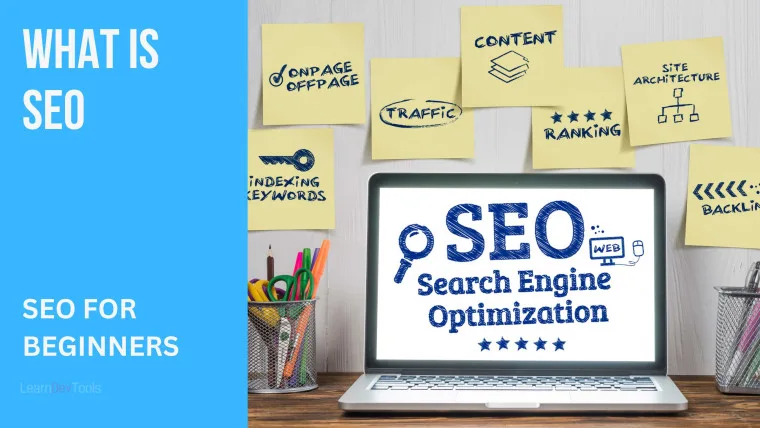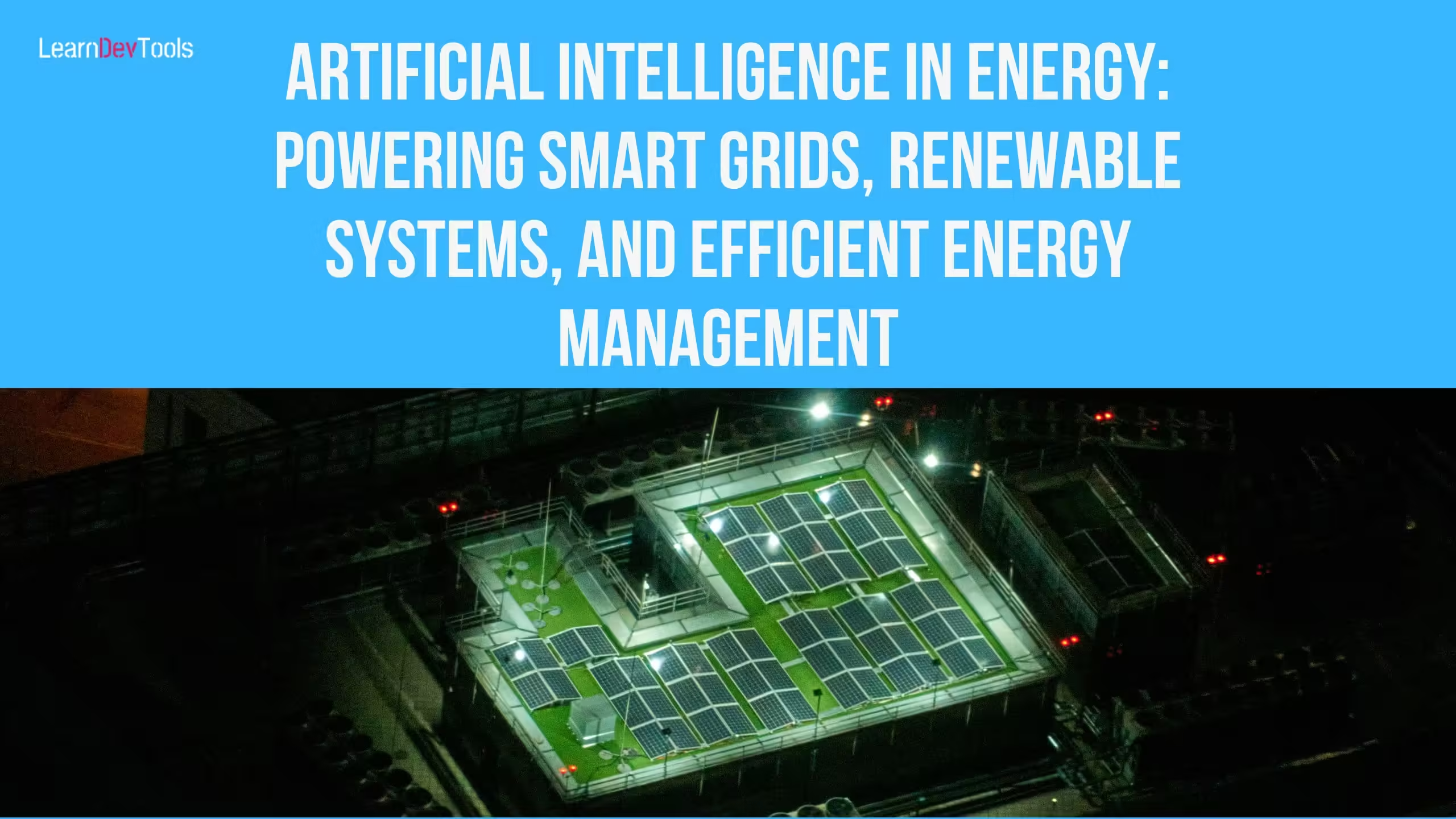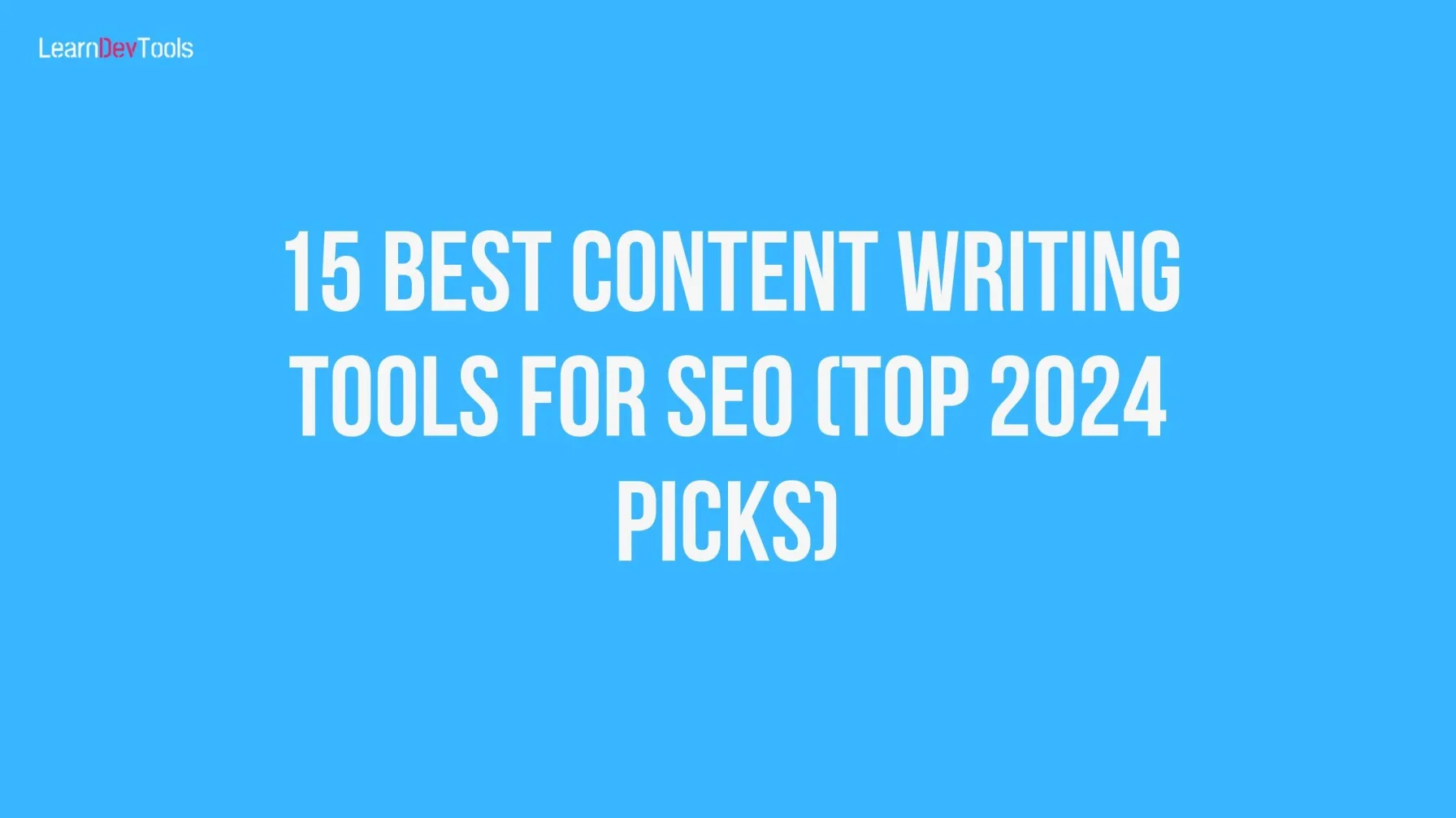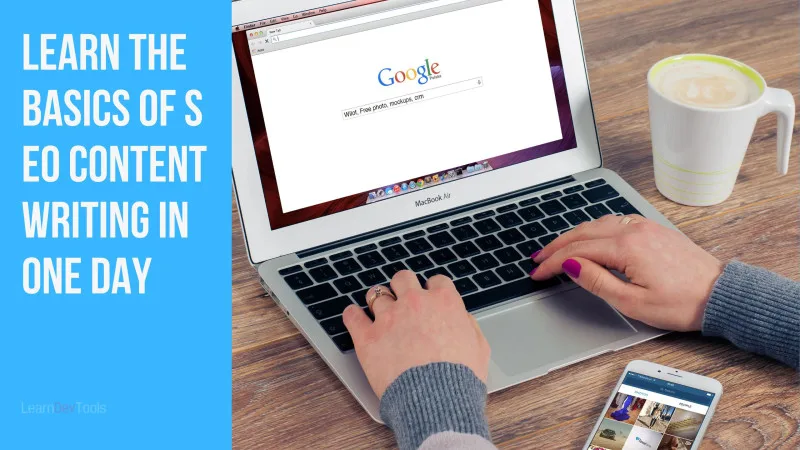Introduction
Whenever you are looking for something on the internet, you tend to open a search engine and type your query. Upon hitting on the search button, you can get thousands or billions of results. The result can either be sponsored or natural. By sponsor I mean the website or organisation pays to be ranked among the best results. While natural or organic search results are unpaid. These results are usually based on good Search engine optimization efforts a user applies to rank well in the SERP. SEO consists of building and applying good strategies to improve the visibility of a website or blog in Search engines.
I have created this introduction to Search Engine Optimization for dummies to help you understand the basics of SEO and know more about how it works.
Table of Contents
What is a Search Engine?
SEO stands for what?
What is SEO?
Types of Search Engine Optimization Strategies?
Why is Search Engine Optimization Important?
What is the Objective of Search Engine Optimization?
How does Search Engine works?
How Does Search Engine Optimization work?
What are the Different Types of SEO?
Search Engine Optimization Specializations
Advantages of SEO
Cons of Search Engine Optimization
How can you get your Website on Google?
Some Truths about Search Engine Optimization
How to Build an SEO Strategy?
FAQs about Search Engine Optimization
What is a Search Engine?
A search engine is a software program that can help you find the information you are looking for online using a keyword or key phrase. A search engine is equipped with a search input where you input your search query or keyphrase. The search then uses the query the return the most relevant result. Today many brands and companies are bargaining to top up the Search result page as many users tends to visit only the first 2 result pages. So they are ready to learn Search Engine Optimization to build strong SEO strategies or hire the best SEO specialists to improve their online presence. In the next sections of the article, I will highlight and elaborate on many aspects of SEO but let’s start with the basics.
What does SEO stand for?
SEO stands for Search Engine Optimization.
What is Search Engine Optimization?
SEO is the process of improving your web pages to make them rank higher in the search result page of search engines like Google, Bing, Baidu, and DuckgoDuck. The main goal of SEO is to satisfy users’ queries by creating high-quality content that will provide the best experience to users. Search Engine Optimization is generally classified into two categories
Types of SEO Strategies(Techniques)
These types are classified base on the good practices of SEO. By good practices, I mean that those practices respect search engine guidelines. There are three types of SEO strategies:
- White Hat SEO Technique
- Black Hat SEO Technique
- Gray Hat SEO Technique
White Hat SEO
White hat Search Engine Optimization techniques are techniques approved by search engines. They do not use tricky ways to manipulate and fool search engine algorithms. They rather focus on providing the readers with relevant and high-quality content to users to optimize their experience and future retain them. Search engines encourage these SEO techniques as they improve organic search in a long run.
Examples of White hat SEO include
- Improving site navigation
- Responsive website
- Improving website speed
- Creating High-quality content
- Developing linking strategies
Black Hat SEO Technique
Black hat Search Engine Optimization techniques do not follow rules and regulations approved by search engines. They use tricky and manipulative strategies to rank higher on SERPs. Any websites using this type of SEO technique can be penalised or can completely be removed in SERPs. Also, black-hat SEO do not last long as white-hat SEO.
Examples of Black hat Search Engine Optimization techniques include
- Website duplicate content. It’s the act of copying content from another website
- Keyword Stuffing. This consists of repeating a specific keyword with no relevance to the content
- Buying links
- Cloaking. This is the act of purposely showing fake content on your website. Some websites hide spammy links, and malicious software excess ads using cloaking.
- Clickbait headlines. You may click on one of these headings thinking that it contains relevant content. Fortunately, it’s not because as you open the link you will notice that the title and content are day and night.
This is an easy beginner’s SEO guide to introduce you to SEO. It’s an important process in the life cycle of anyone business, blog or website aiming to acquire great visibility online. But you should wisely choose your SEO strategy. White Search Engine Optimization is slower but it’s the most effective and long-term technique. If you have little about SEO, you can hire an SEO consultant on Fiverr or check out a search engine optimization firm rather than choosing the simple way that will in the end ruin your business.
Why is Search Engine Optimization Important?
In this section, you will learn the main reasons you should learn SEO today or later. So why should you scratch your head or eat your Kneels while thinking about the next SEO strategy to apply to your website?
- SEO generates more traffic. Organic traffic contributes to a significant percentage of search engine traffic. According to HubSpot’s research, 75% of users do not click on the second page oF search results. So the fact that your website appears on the first result page increases the chances of a user visiting it.
- Search Engine Optimization traffic is not passive. Unlike other traffic acquisition methods like email marketing, Search Engine Optimization traffic consistently gives helps a website rank well in a search engine.
- SEO helps improve user experience. Back in the early days of SEO, websites will stuff keywords in many sentences to achieve better ranking. Imagine you open such content upon reading the content of the website you will notice the irrelevant repetition of the keywords in each sentence. That is kind of annoying right 🤬? Thanks to Google algorithm updates, keywords are not the only factor that accounts for ranking in the SERP. Another UX experience is using CSS frameworks or pure CSS to build fluid and responsive web apps.
- ROI(Return on investment). Search Engine Optimization is a high source of ROI. According to Terakeet SEO help business increase the value of blog visit by 429%, reduce the cost of customer acquisition by 87.4% and bring you 12x the revenue spends on marketing.
- Search Engine Optimization helps you build credibility and trust. The more you rank high in the SERP the more your content is of high quality and more trustworthy it is. The result in the SERP is more relevant to search queries If you can’t create high-quality content on your own then you should consider hiring a content writer.
- SEO drive customers to your website. Optimizing your website will help you acquire and retain visitors to your website provided it contains the kind of product/service/information they want
What is the Objective of SEO?
The main goal of Search Engine Optimization is to drive traffic to a website by providing outstanding content that can attract visitors and in future convert them to customers.
How does Search Engine works?
Learning search engine optimization is important but how search engine works are crucial o understand what, where and how you need to optimize. For example, Google search work in three simple steps: crawling, indexing, and ranking
Crawling
Google uses crawlers also known as bots or spiders to follow hyperlinks on the web with the aim to discover new content. The content can be in any format; pdf, image, web page, or video. When the crawler identifies a web page, they gather information regarding that page and follow links to other pages then report to Google.
Indexing
If the crawlers happen to find unique content, they add it to the search index equally called the database of discovered URLs.
Ranking
The last step consists of ranking a website in the SERP. it does this by organising the results from most to least relevant for each search query. Google use complex algorithms to measure the equality of the pages it ranked in SERP.
How Does Search Engine Optimization work?
Well, now you know how search engines work. The next step is to understand how SEO works. If you are reading this article that means you have searched for What is SEO or What is Search Optimization? This is because I have optimised this content to appear among the first results. Google uses many complex algorithms to rank pages. These algorithms take into account numerous ranking factors to decide if a specific page should appear in the first SERP or not. These algorithms keep evolving each day as they want to provide the best experience to users.
You don’t need to know how these algorithms work but it’s important to know from time to time which factors those algorithms affect in order to adjust whenever there is a google algorithm rollup. Technically Search Engine Optimization is all about links, page content and page structure. Links from other websites play an important role in ranking a site in a search engine as they can be seen as a vote of quality from other websites. Relevant and high-quality content for a given query will favour one website over the other in the SERP.
Lastly, the structure of your page that is the structure of your HTML page will influence the ranking of your website. The structure of your HTML code can impact the way a search engine will evaluate a page. Meta information, page title, headers, and relevant keywords are some important elements that make up the structure of an HTML document
SEO surely takes some time to be fully functional but it’s surely the best way to gain organic traffic in the long run.
What are the Different Types of SEO?
There are 4 main types of SEO.
- On-page SEO
- Off-page SEO
- Technical SEO
On-page Search Engine Optimization
This type of optimization involves optimizing each page of a website to improve its ranking. This form of Search Engine Optimization includes working on the content and HTML code of the page. HTML elements such as the header, title, and meta description should appeal to users and search engines.
These are the main elements that account in general for on-page optimization.
- Keyword. This involves performing keyword research using tools like Google Keyword Planner, Ahref Keywords or Moz to find a target keyword and create content centred around that keyword. Make sure to naturally distribute your keyword in your content to avoid any penalty. For example, you should avoid keyword stuffing. Keywords are generally placed in the title, introduction, content and conclusion of a page. SEO experts recommend that your keyword should make up at most 3% of your text or should appear after every 100 words. But keep in mind that it should appear in natural ways and the context should be meaningful.
- Title tag. The page title appears in the SERP as a clickable link. It should be well written and should contain the keyword. Your title should be captivating as it determines the relevance of the page to the user and the search bot. For example, a user will likely click on “How to prepare Pancakes in 3 simple steps” than “A recipe to Prepare Pancake quickly”.
- Content. Your web pages need to meet certain criteria to rank higher on the SERP. Google uses a principle called E-A-T to verify the quality of contents, pages and websites in general. E-A-T stands for expertise, authoritativeness and trustworthiness. High-quality content should satisfy this principle.
- Header tag. It’s important for you to break your content into pieces to provide a better user experience and help web crawlers to index your page. To do so use header tags. They usually contain navigational information.
- Image alternative text. Alternative text help describe an image. In the absence of an image, this text is displaced to users. An important aspect to note about image alt text is that they help crawlers to better interpret the image to index and rank them since they can not see images like human beings.
- Meta description. It is the page short description in the SERP. It appears along with the name of the website and the title of the page. When writing your meta description you should include keywords. Writing an accurate and good meta description can generate more clicks and reduce bounce rate given the content satisfies the reader.
- Subheadings. Long content requires subheadings. It equally helps to distinguish different parts of your page. Let’s take for example this page. you will notice that there are different sections that talk about different aspects of SEO. Dividing content like this increase user experience as it eases navigation on the page and reading. Imagine I wrote a long bunch of text, it would have really made it very difficult to read or to spot from where you stopped.

Off-page SEO
These consist of improving your website using external factors link building, and social media. Off-page Search Engine Optimization deal with any activities that you undertake outside of your website to improve its visibility in search engines. So there are opposites to on-page SEO. There are many factors to consider while performing off-page optimization. Some of these factors are elaborated on below.
- Guest posting: Also known as guest blogging, consist of writing content for another company’s website. For example, you could hire someone to write a guest post on their website linking some aspect of your website. This help to improve traffic on your website, and improve your credibility and trustiness especially if the website has a high domain authority. The positive aspect of guest posting is that both the guest blogger and the website hosting the guest article benefit from it. So it’s a win-win.
- Link Building: Link building consists of getting backlinks from other websites. A backlink or an inbound link is a link from one website to another website. For example, if you if a website contains a link to your website, we say that you have a backlink. The more the website linking to your website has a high domain authority, the more the trust and credibility of your website.
- Social media. Another interesting way to improve SEO is by using social media. This consists mostly of creating a content-related post on different social networks such as Facebook, and Instagram and linking your website so that users can reach your website via social media.
Other off-page SEO techniques include reviews, content marketing, and brand marketing
Technical SEO
This consists of making sure that your website’s infrastructure respects SEO principles so that search engines can easily crawl access and index your website. You can think of technical Search Engine Optimization as the backend of an application because users do not see it but feel it. This type of optimization may include improving page loading, implementation of schema markup, URL structure, mobile friendliness and website security.
SEO Specializations
Talking about SEO specializations is more about the subgenre of SEO. That is the different domain where you can apply Search Engine Optimization. Some of those domains include
- News Search Engine Optimization: Let’s take for example, if you have a news website, you will probably make sure to get into Google’s index quickly to appear in Google‘s top stories, Google news and Google discover.
- Local SEO. If you are aiming for users from a local area then you need to optimize local visibility through local reviews and business listings.
- International Search Engine Optimization. A great way to improve SEO visibility is to implement internationalization on your website such that your website will be served in various languages.
- Enterprise SEO. It involves processes focusing on Search Engine Optimization strategies that will improve organic presence and revenue for large organizations.
- Enterprise SEO. As the name indicates, it consists of online shopping optimizations. It includes optimizing product pages, category pages, product images, product reviews, internal linking structures and more.
Advantages of Search Engine Optimization
I explained some importance of SEOearlier. If you look closely you will notice that they are equally some advantages of SEO. But to make things clear, these are the general advantages of Search Engine Optimization
- It helps you reach more people
- It helps you rank better in local search
- Search Engine Optimization improves organic traffic
- SEO improve website usability
- It supports content marketing
- SEO does not cost a thing
- Search Engine Optimization helps boost your credibility
- It offers great ROI
Cons of SEO
Search Engine Optimization is good to know, learn and practice but aside from the advantages it provides, SEO may equally have the following disadvantages
- It takes a lot of time for your website to appear in search results
- Competitive keywords are difficult to rank
- Algorithm changes each day and SEO experts need to adapt to those changes.
- SEOSearch Engine Optimization may not always be successful. You can implement an SEO strategy and still end up with poor results. That’s why it’s important to build a good SEO strategy
- Results are not always guaranteed.
How can you get your Website on Google?
The fundamental goal of Search Engine Optimization is to get your website in the top SERPs. However, for example, you can’t rank on a search engine like google if it doesn’t know you exist.
To get Google to know your website, you need to submit your website to Google.
Note that you need to know that in order to add your website to google, you need to possess a google account. But before or after adding your website, make sure you have hosted your website on any hosting provider like Hostinger, Bluehost or any other hosting provider. After then you need to verify your website and then find your website’s sitemap.
A sitemap is an XML file that lists all the important pages of your website. it provides directions for search engines like Google or Bing to find and crawl all the pages of your website. to check the site map of your website, enter the following URL in your browser’s address
yourdomain.com/sitemap.xml or yourdomain.com/sitemap_index.xml
Replace yourdomain.com with your actual domain.
The next step consists of submitting your sitemap to the Google search console. It’s an SEO tool that helps you to measure your website’s performance.
Some Truth about SEO.
We have been talking about SEO since the beginning of this post. But there are some aspects you need to know about it. Here is some untold truth about SEO you need to know if you are planning to implement Search Engine Optimization strategies in your business.
You need to know your audience. Understanding the notion of SEO is good but knowing your audience is better. This is because your Search Engine Optimization strategy will depend on the type of audience you have. The more you understand your audience, the easier you will build SEO strategies that target that audience.
SEO is a continuous task. You will never be done with Search Engine Optimization as it’s a continuous process. So if today you rank number 1 in search engines, you will always need to keep improving your SEO as your competitors will try many strategies to outperform you.
SEO is not always only about knowing SEO tools. Using SEO tools helps you to accelerate your SEO processes. But you need to understand the basics of Search Engine Optimization to use those tools.
You can’t cheat with Search Engine Optimization. You can use black-hat SEO techniques as much as possible but sooner or later you will face the consequences of implementing those negative SEO techniques.
Content is king: If you are aiming to rank higher in search engines like google, then you need to provide high-quality content that will encourage users to come back to your website or even complete a purchase. So think about creating useful and unique content that will encourage a user to revisit your website from time to time.
How to Build a Search Engine Optimization Strategy?
SEO strategy is a long-term action plan. A good SEO strategy is important for improving the quantity and quality of your website visibility. So you need to set up the main goals of your SEO strategy. As yourself these questions;
“How to choose the right niche” What are users looking for on the internet
“What am I aiming for while building this strategy?” Am I looking to build a strong customer relationship or just visitors? If you want customers then you need to provide a solution that can help them to accomplish their tasks. But if you only need visitors on your website then you can provide them with the information they need to meet their needs.
“How am I going to achieve these goals?” What are the actions to undertake to achieve my goals? This the all about applying Search Engine Optimization factors; on-page, off-page and technical SEO.
So while building your SEO strategy, make sure to include;
- Your current SEO performance if you already have a website running.
- Analyse your competitors. Who are your competitors? Which keywords are they ranking for? Which strategies are they using?
- Set goals and KPIs. What are your goals? What are your Key performance indicators?
- Which topics do you want to rank for?
- Work on your on-page, off-page and technical SEO.
- Find and fix SEO issues
FAQs
What are some free tools for Search Engine Optimization?
There are many SEO tools out there to help you gain more visibility on search engines. Some of them are free while others are not. But both are there to help you in one way or another. Some free tools include; Google Analytics, Google Search Console, Semrush, Yoast SEO, Ahrefs, Google trends, Google Keyword planner, Keyword finder, Bing Webmaster, Answer the Public, Ubersuggest, Moz Google PageSpeed Insights ad many more. Note that some of these tools are totally free while others are free to some limits.
Do I need to know to program for Search Engine Optimization?
No, you don’t need to know to program. There are many SEO tools out there you can use to improve your website visibility. However, on-page Search Engine Optimization requires you to have knowledge of HTML. Also, if you need to build your own SEO solution then programming languages are required.
Can Iearn Learn in One Week?
The short answer is yes. You can learn SEO in a couple of days. I learned SEO basics in less than 3 days. But if you need advanced SEO knowledge, you need more than a month or you need to learn new approaches every day since SEO is an evolving domain.
Can I learn Search Engine Optimization on my Own?
Yes, you can learn SEO on your own without the help of any SEO expert or agency. But you really need to be willing to learn it.
What is the difference between SEO vs SEM?
SEM(Search Engine Marketing) is a type of digital marking, a sort of combination of SEO and PPC meant to increase traffic via organic and paid search. So it involves gaining visibility from search engines through paid and unpaid techniques. While SEO is about improving traffic on a website while implementing Search Engine Optimization strategies
What is the difference between SEO vs PPC?
PPC stands for pay-per-click, it’s a digital marketing technique where are charged if their ads are clicked. PPC functions as follows; Advertisers bid for keywords they wish their ads to appear for in search engine results. If a user searches for one of those keywords then the advertiser’s ad will appear among the best results. As for SEO, you know what it’s all about.
Where to Learn Search Engine Optimization?
Well if you want to learn SEO, then start by reading the SEO starter guide. Besides this, platforms like Hubspot, and Udemy. You could also get great SEO tips and tricks from Learndevtools
What are the best Tools for Search Engine Optimization?
Some best SEO tools include Moz, Google Analytics, Google search console, Clearscope, Ahref, Semrush, Surfer SEO, WooRank, Screaming Frog SEO Spider, and SEOquake
Final Thoughts
In this article, you learned what is SEO, what are its advantages and disadvantages as well as best SEO practices and SEO techniques. Furthermore, you learn the various Search Engine Optimization specialisations, how you could add your website on Google and how to build a SE strategy.
In this beginner’s SEO tutorial, I cover many aspects of basic Search Engine Optimization and how to get started however if you have any questions you can reach me via my Twitter account. Equally, if you like this type of then, then please subscribe to our newsletter to get the newest content on tips and tricks to effectively learn SEO or share on your social networks.








